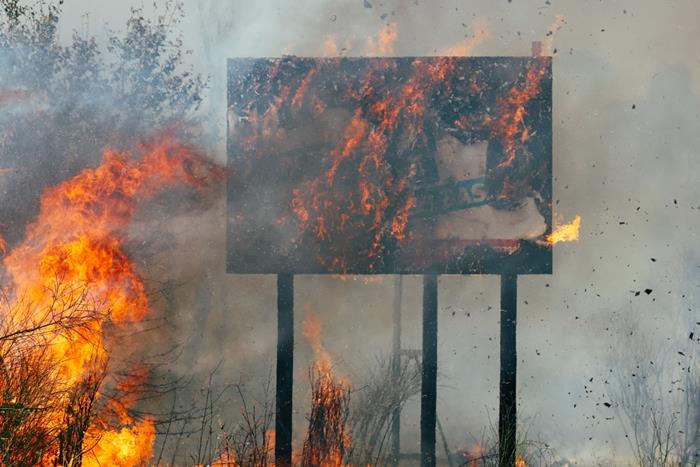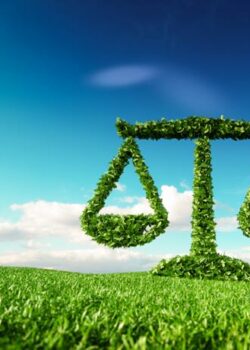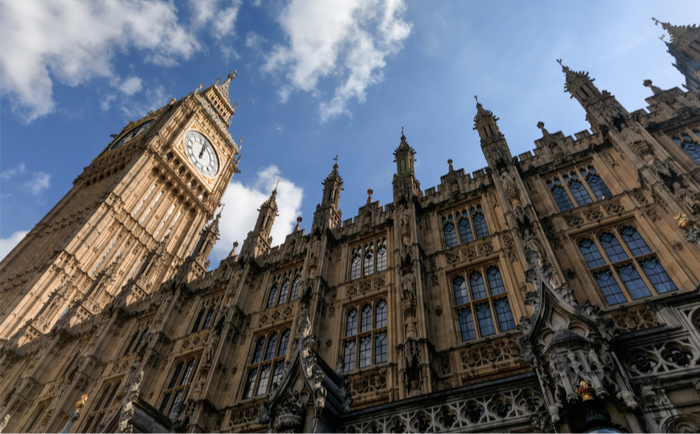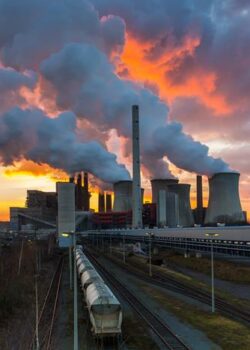Fewer boards appear to be overseeing climate risk than the number that consider climate a “financially material” problem, according to a think tank for developed economies.
The OECD (Organisation for Economic Co-operation and Development) reveals that companies representing 53% of global market capitalisation say their boards take care of climate risk. However, the number of companies saying climate is a material risk amounts to 64%.
The OECD concludes that this “may suggest the need for more boards to consider climate-related risks when reviewing, monitoring and guiding governance practices, disclosure, strategy, risk management and internal control subsystems of their respective companies.”
Coming at a time when sustainability reporting requirements are ramping up around the world, the OECD report sheds light on global disclosure activity.
The report’s headline news is that companies representing 86% of global market capitalisation issue some form of sustainability report. But that represents only 9,600 companies from more than 47,000 listed companies globally.
More companies in Europe report on sustainability issues than anywhere else in the world. Europe is closely followed by the US, then Latin America.
Force majeure
Europe and the US have both introduced major new pieces of legislation, making sustainability reporting mandatory. In Europe, the Corporate Sustainability Reporting Directive and the Corporate Sustainability Due Diligence Directive both introduce wide-ranging new responsibilities for reporting their impact.
The US has just green-lit highly contentious new climate risk reporting rules.
Meanwhile, regulators around the world are considering whether to introduce new sustainability reporting standards published by a body overseen by the International Financial Reporting Standards Foundation (IFRS).
But while strikes are being made in sustainability reporting, less progress has been made on providing assurance on the information disclosed.
The OECD says “reasonable” assurance of sustainability disclosures remains relatively uncommon across the world. By market capitalisation, Asia—excluding Japan and China—leads, with Europe not far behind.
The figures lead to one of the OECD’s key policy recommendations: “Regulators in jurisdictions where voluntary assurance is a common practice may consider requiring large listed companies to obtain assurance over their sustainability-related information.”
In the absence of general assurance, the OECD says, some jurisdictions should consider mandatory assurance for “specific” disclosures such as greenhouse gas emissions.
Sustainability reporting is still an evolving picture around the world. Better board supervision and more assurance will help to accelerate improvements.





